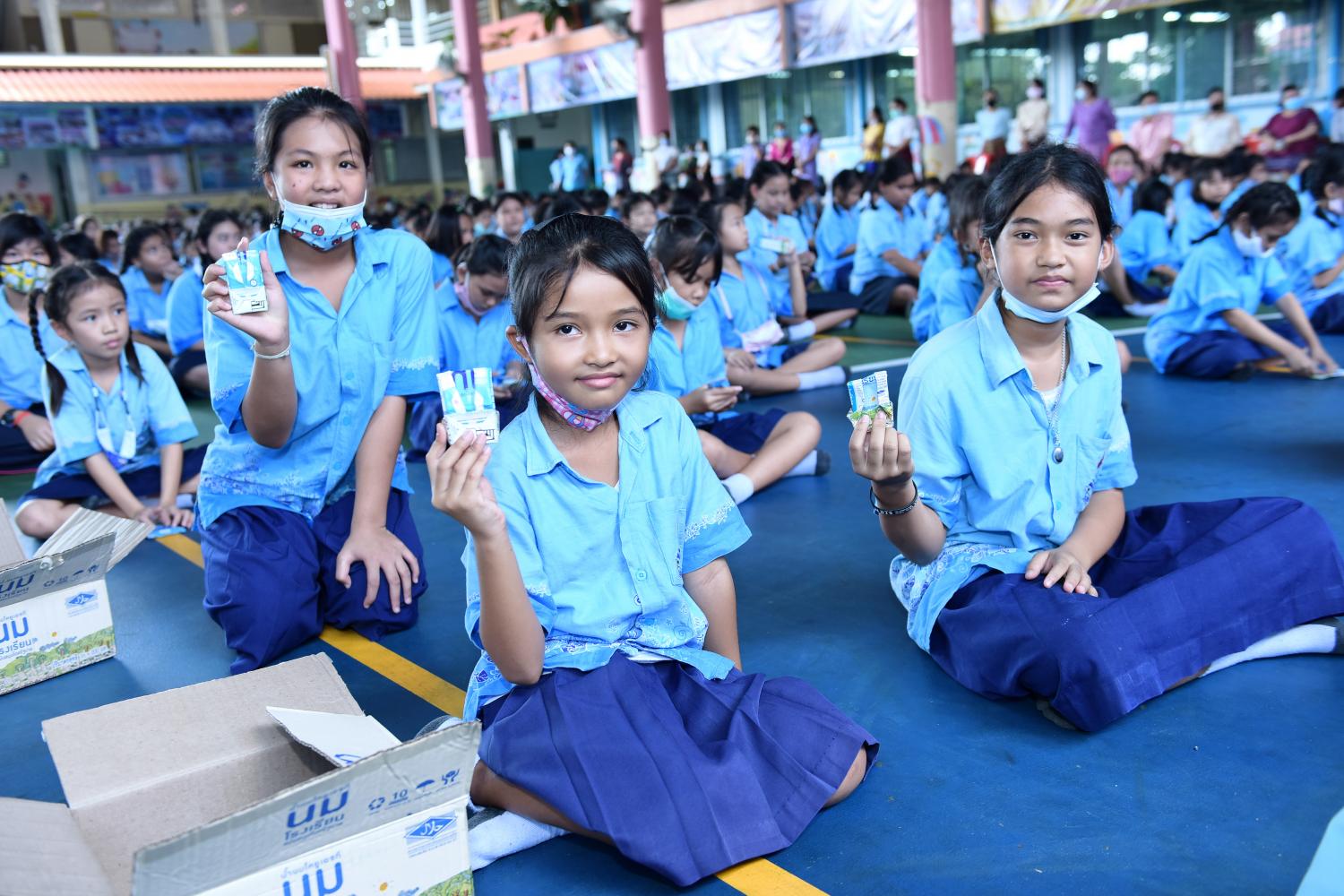Tetra Pak's commitment towards sustainability follows Ruben Rausing's tenet that "a package should save more than it costs". In the 1940s, the Swedish founder initiated the development of the tetrahedron shaped package.
However, the challenges of packaging today and the development of the food package of the future are being brought to light in the "Go Nature. Go Carton" global campaign.
Tetra Pak (Thailand) has locally launched the campaign as it celebrates its 40th anniversary.

Tetra Pak's goal is to develop the world's most sustainable food package. ( Photos courtesy of Tetra Pak (Thailand))
The leading processing and packaging solutions company expanded its operation to Thailand in 1981. Over the past four decades, it has supported the development of the country's dairy industry as well as extend its scope to other food and beverage sectors.
The "Go Nature. Go Carton" campaign video notes how packaging plays an important role in keeping food safe, nutritious, and available for an increasing global population.

School Milk Carton Recycling project.
However, it can have negative impacts on our planet such as greenhouse gas emissions, plastic waste accumulation, growing landfills and depletion of finite resources.
Tetra Pak's cartons are currently made with an average of 70% paperboard but they also contain thin layers of plastic and aluminium. The company aims to reduce the use of plastic, remove aluminium altogether, and increase the use of responsibly sourced paper-based content.
The ultimate goal is to create sustainable cartons made solely from plant-based materials that are completely renewable, recyclable and carbon-neutral.
In 2010, the first carton package with the FSC (Forest Stewardship Council) certification was introduced in Thailand. This label guarantees that the paperboard comes from sustainably managed renewable forests.
Tetra Pak (Thailand) has also initiated various collaborations with the private and public sectors to help reduce the environmental impact of packaging.
For instance, used cartons are collected and turned into roofing sheets for victims of natural disasters under The Green Roof project for Friends in Need (of "PA") Volunteers Foundation.
Likewise, they are also transformed into sheets of Braille paper under the Beverage Carton Recycling Project. The sorting and collection of used beverage cartons is also a part of the School Milk Carton Recycling project, which instils environmental consciousness among kids.
For information, visit GoNature.TetraPak.com

